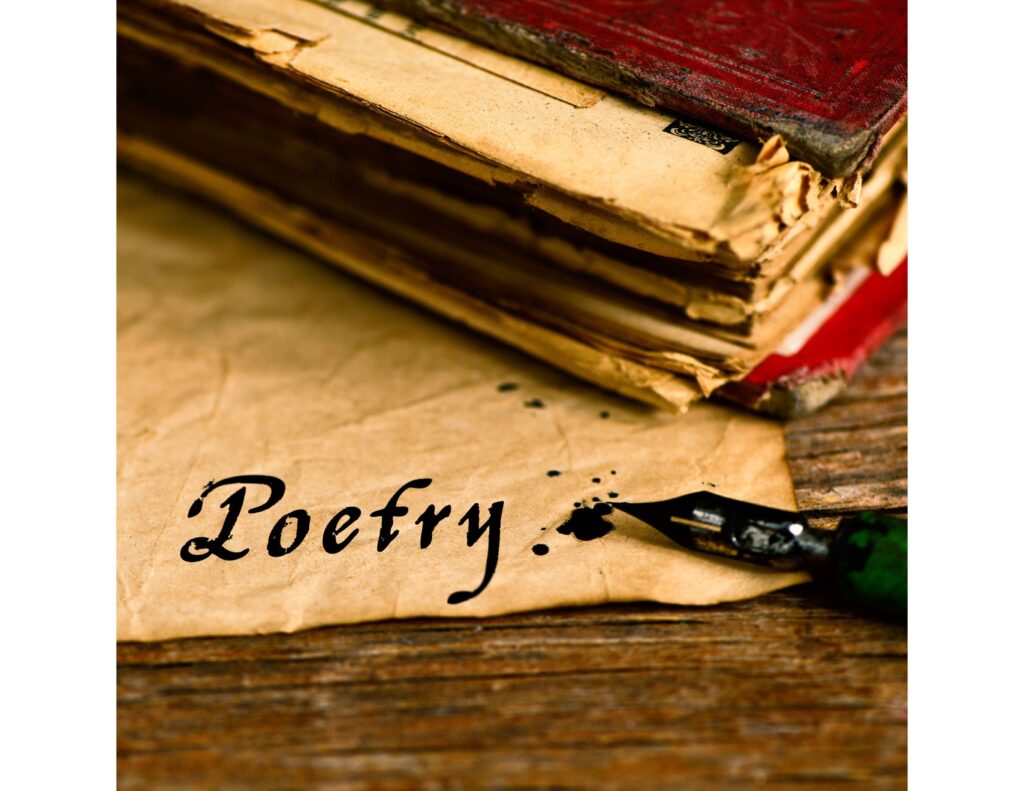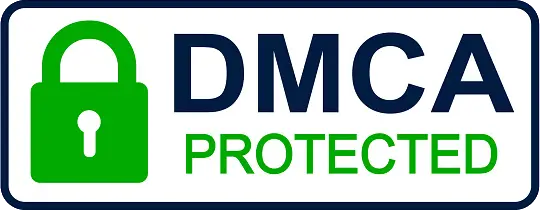Poetry therapy, also known as bibliotherapy or therapeutic writing, is a form of therapy that utilizes poetry to encourage emotional expression and healing. It is typically used in conjunction with other forms of therapy to,
- Facilitate self-reflection and exploration and increase self-awareness
- Promote the ability to view reality in different ways; and
- Validate emotional / traumatic experiences
The most frequently used poetry model has three parts and was introduced by Nicholas Mazza in the late 1970s. According to this model, poetry therapy involves three major components: receptive/prescriptive, expressive/creative, and symbolic/ceremonial. 1
- In the receptive/prescriptive component, the therapist will introduce a poem or piece of literature and encourage the person in therapy to react. Verbal or nonverbal reactions that are observed will be explored after the poem has been read.
- The expressive/creative component involves the use of creative writing—poetry, letters, and journal entries.
- The symbolic/ceremonial component involves the use of metaphors, storytelling, and rituals as tools for effecting change.
Poetry therapy is but one tool of the broader treatment modality of therapeutic writing. Other forms include journaling, writing about specific parts of ones life, poetry, and blogs where the narrator is also the observer. When addressing trauma, writing can help an individual face the trauma and reduce the power and influence it has on their daily lives. The effectiveness of writing in general and as a tool for healing are well documented. Since 1986, over 200 research studies have demonstrated the link between “emotional writing” and the improvement in people’s physical and emotional health.2
Poetry therapy got its start in ancient civilizations. In 4th century BCE, Egyptians were believed to have written words on papyrus, dissolved them in liquid, and administered the liquid to the ill for healing. 3 The Greeks called Apollo the God of poetry and medicine as the two were closely linked at that time. 4 During the Islamic Golden Age, poetry was used therapeutically as well as in educating physicians. Patients also wrote poetry to describe their conditions. 5
From the 1800s to the mid 20th century, various US physicians and individuals experimented with literature and poetry as a means of healing. During the Civil War, poet Walt Whitman visited wounded soldiers in field hospitals and read them poems. Author D. H. Lawrence believed that writing poetry led to self-understanding, and called writing a way to “shed one’s sicknesses.6
Poetry therapy gained increased recognition in the 1960s. By the 1970s, poetry therapy was beginning to be used by therapists as a distinct form of therapy and in the 1980s, formalized guidelines for training and certification were established. By the 1990s poetry therapy was being used in hospitals, schools, and prisons as well as in other community settings.
In the 2000s, online poetry therapy communities formed, and poetry therapy merged with other forms of therapy, such as art therapy and music therapy.
In recent years, online poetry therapy sessions and workshops became increasingly popular as COVID and social distancing measures led to the emergence of alternative meeting arrangements. Poetry therapy continues to be used as an effective supplemental form of therapy and when used as a form of storytelling and personal narratives can be very effective in the healing process.
Poetry therapy is used to address a variety of mental health concerns including anxiety, depression, post-traumatic stress disorder, and substance abuse. In most instances, poetry therapy is used in combination with another type of therapy, not as the sole approach to treatment. For all its positives, poetry therapy is not for everyone. It is a choice made between clinician and client or patient.
1 https://www.goodtherapy.org/learn-about-therapy/types/poetry-therapy
2 Writing Can Help Us Heal from Trauma by Debotah Siegel-Acevedo, July 01, 2021, HBR
3 https://www.goodtherapy.org/learn-about-therapy/types/poetry-therapy
4 https://blogs.ncl.ac.uk/medlit/2023/04/
5 https://muslimheritage.com/medicine-and-health-in-medieval-arabic-poetry-an-historical-review/



